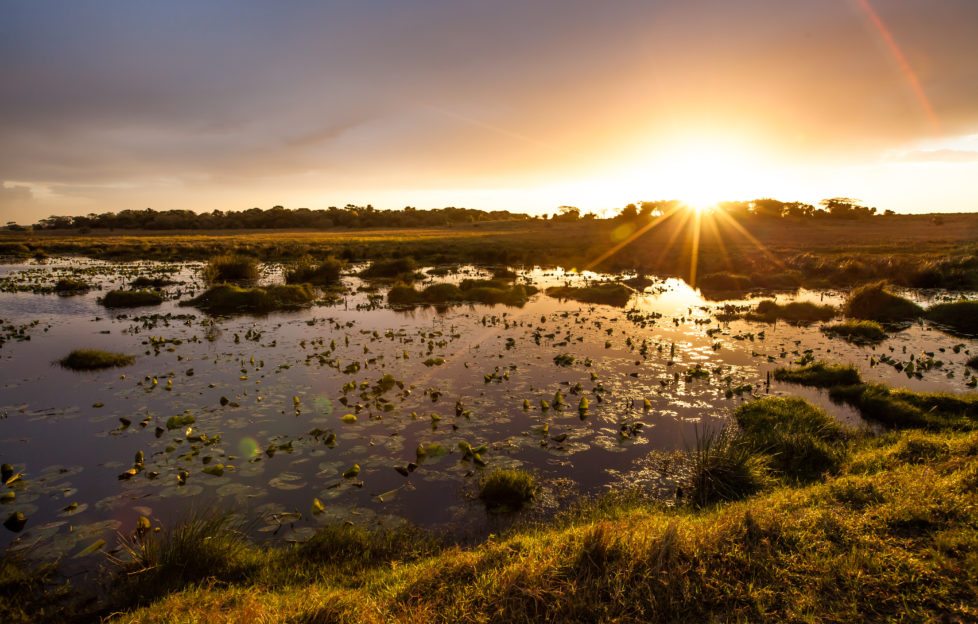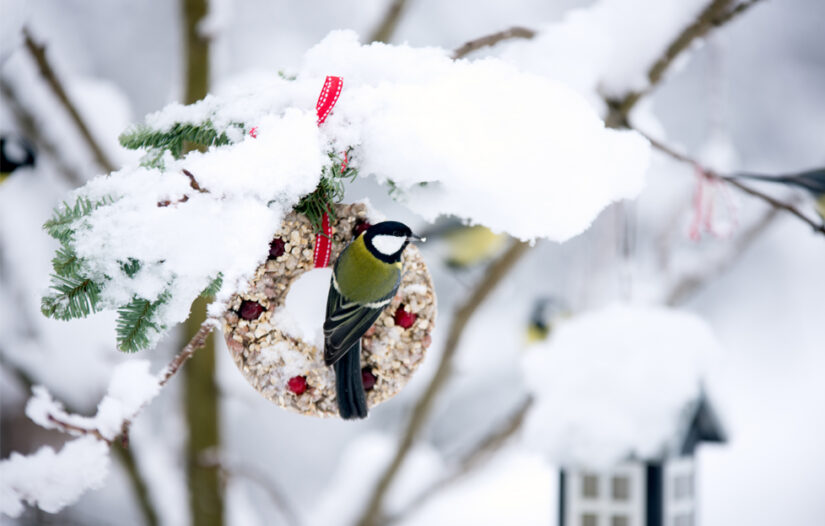
Today is World Wetlands Day, so we thought we’d make the occasion by sharing Polly Pullar’s article, first published in the “Friend” in September last year, on the ecological benefits of “rewilding”
Take a look at it below.
Scotland’s largest and most ambitious advocacy for rewilding, Scotland: The Big Picture, has published another stunning book.
“Scotland: A Rewilding Journey” will convince anyone of the importance of restoring Scotland to its former glory.
Our land has become impoverished through centuries of overgrazing. Rather than having young woodlands, many of our native forests are at the end of the line, unable to regenerate due to the pressures of too many deer and sheep.
Nature has never been so out of balance. Global warming and climate change are upon us, and we are drowning in a swamp of plastic.
This ground-breaking book informs, inspires and enlightens, leaving the reader captivated by its world-class photographs and fuelled with fresh thinking.
Rewilding is a word that is greatly misunderstood
“I have a problem with your rewilding ethos, Polly,” a sceptical friend said. “Scotland is far too small. We really cannot have wolves back.”
When quizzed, it became clear that he completely misunderstood. Rewilding is as much about the wellbeing of people as wildlife. We could refer to it as restoration ecology or habitat restoration; but it amounts to the same thing.
Rewilding is not simply about bringing back wolves and lynx. Though wouldn’t that be fantastic? And don’t think that they would be a threat to us. To most of us Scotland seems wild and dramatically beautiful, but this is not how it should look.
We have become used to treeless moorland; bare mountains; rivers that have been channelled to suit our own needs; and vast fields with few hedgerows or margins.
What we are accustomed to seeing is, in effect, an ecological desert.
Our seas may also look benign and beautiful, but underneath the waters lie dark secrets: pollution, plastic and the results of overfishing.
The UK is one of the most deforested and nature-depleted countries in Europe.
Whilst most European countries are addressing these issues and have reinstated many large predators, we have lost all our large carnivores. With them have gone the vital predator-prey relationships essential for a healthy ecosystem.
In short, nature is struggling and we are suffering from nature deficit disorder (NDD).
“Connectivity” is key
“Why do we need more trees when we have plenty?” people ask.
It may appear that way when passing hundreds of acres of conifer plantations but these regimented, tightly packed, dank forests are almost useless for wildlife.
Their swift growth shuts out light and means that there is no understory; no complex communities of vegetation to provide a vital habitat.
This type of forestry cannot compare with healthy mixed native woodland that burgeons with life.
Trees are as important dead as alive in a thriving woodland for they provide the arboreal equivalent to a motorway service station for the myriad living things that find food and shelter in their decaying timbers.
It was said that a red squirrel could once travel freely from Lockerbie to Lochinver without touching the ground. Our woodlands were once interconnected, allowing wildlife to travel through a network of safe green corridors.
To the dedicated rewilder the word “connectivity” is key.
Most of our surviving natural woodlands, and nature reserves, are islands in a sea of development and industrialisation.
Rewilding holds the key to assisting nature to heal itself. Now it is time to act. Whether you have a window-box or a large farm or estate, rewilding and helping the natural world should be the priority.
We need a healthy natural world in order to exist
“Scotland: A Rewilding Journey” is packed with information, facts and ways we can all help. It is time to stop the persecution of our wildlife, to value every living species as part of a rich ecosystem.
Beavers are back in our midst. This keystone species can help to restore our wetlands, aiding the diffusion of pollution from intensive agriculture and easing issues associated with flooding, helping make pools for salmon, trout and numerous birds and invertebrates.
Sea eagles and red kites have also successfully returned, yet this is simply the beginning.
The journey may be long and arduous, but what a journey, what results we could witness!
The book leaves you with one basic fact: surely we must leave this world in a better state than we found it. We need a healthy natural world in order to exist.
“Humanity’s most important relationship is with nature, and it has become dysfunctional,” Vance G Martin, President of the Wild Foundation, said.
“No relationship survives when one partner just takes everything for itself. Nature needs a formula for respect, and recognition that our partner, nature, has needs.”
For more on World Wetlands Day, click here.
To read Polly’s thoughts on 150 years of “The People’s Friend”, click here.




